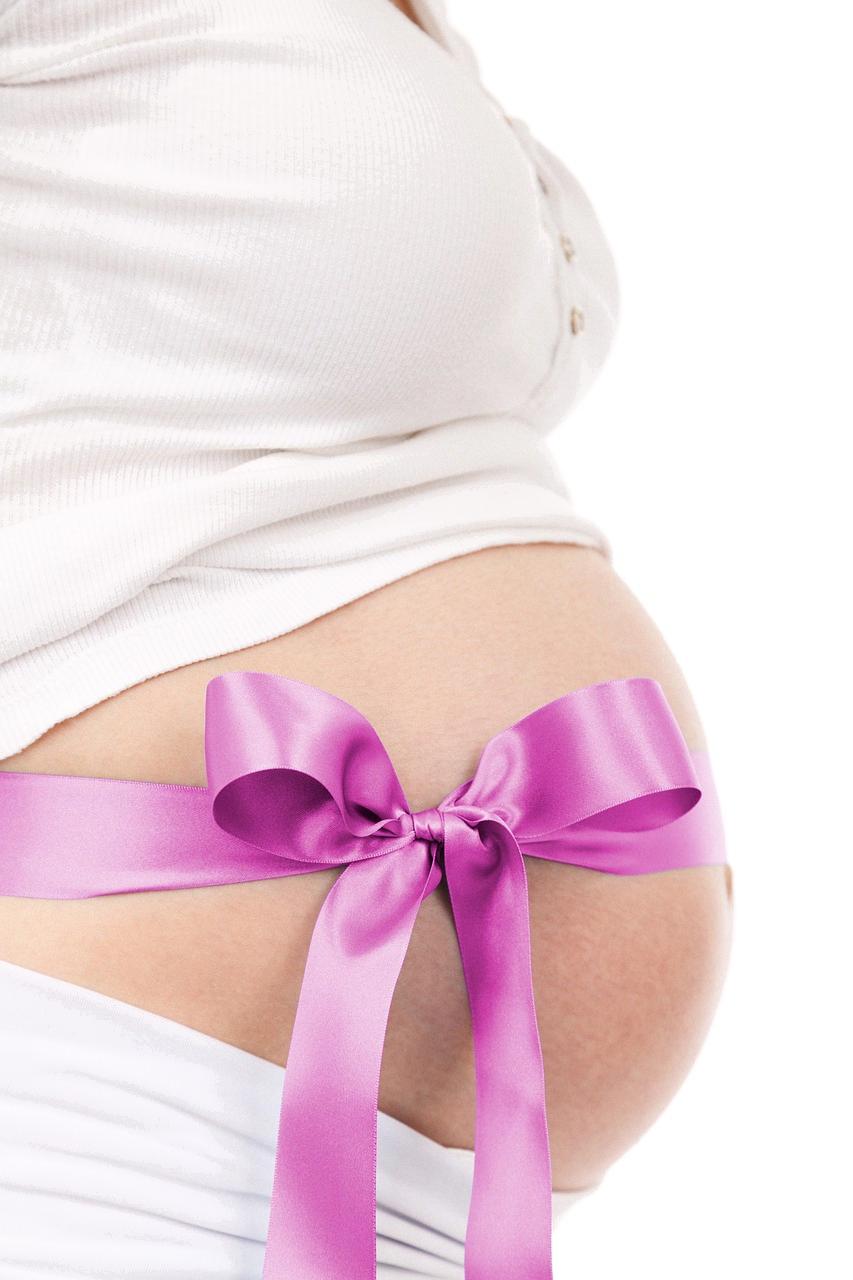When it comes to detecting pregnancy, the number of days past ovulation (DPO) plays a crucial role. Many individuals who are trying to conceive eagerly await the moment when they can take a pregnancy test to find out if they are expecting. Understanding when the best time to take a pregnancy test can greatly impact the accuracy of the results and provide clarity during an emotional time.
Typically, a pregnancy test can detect the pregnancy hormone, human chorionic gonadotropin (HCG), in urine, indicating a positive result. The United States Food and Drug Administration states that for a person with a 28-day menstrual cycle, a pregnancy test can detect HCG in their urine around 12-15 DPO.
For many individuals, the accuracy of a pregnancy test is of utmost importance. Taking the test too early can result in a false negative, leading to disappointment and confusion. It is essential to wait until there is a sufficient amount of HCG in the body to produce a positive result on the test.
One must keep in mind that each person’s cycle is unique, and factors such as cycle length, ovulation timing, and HCG levels can vary. Therefore, it is crucial to understand one’s own cycle and when ovulation occurred to determine the optimal time to take a pregnancy test.
Early detection pregnancy tests claim they can provide accurate results even before a missed period, allowing individuals to know if they are pregnant sooner. However, it is essential to remember that these tests may have varying levels of sensitivity, and results can differ among individuals.
It is recommended to follow the instructions provided with the pregnancy test kit carefully to ensure the most accurate results. Factors such as the time of day the test is taken, the concentration of HCG in the urine, and the expiration date of the test can all impact the outcome.
Some individuals may experience early pregnancy symptoms even before a positive pregnancy test result. These symptoms include fatigue, nausea, breast tenderness, and increased urination. While these signs can be indicative of pregnancy, they are not definitive without a confirmed positive test result.
Waiting for the right time to take a pregnancy test can be both exciting and nerve-wracking. Many people choose to take multiple tests to confirm the results and alleviate any doubts. Patience and understanding one’s own body can help in navigating this emotional process.
While the 12-15 DPO range is a general guideline for when a pregnancy test can detect HCG in urine, some tests may have different detection thresholds. It is essential to choose a reliable and accurate test to minimize the chances of receiving a false result.
Consulting with a healthcare provider can also provide valuable insight and guidance when it comes to understanding pregnancy testing and interpreting the results. Healthcare professionals can offer support and information to individuals who are trying to conceive or have concerns about their reproductive health.
Ultimately, the number of days past ovulation required to detect pregnancy can vary from person to person. By staying informed, being patient, and following the recommendations provided, individuals can navigate the process of taking a pregnancy test with confidence and clarity.

